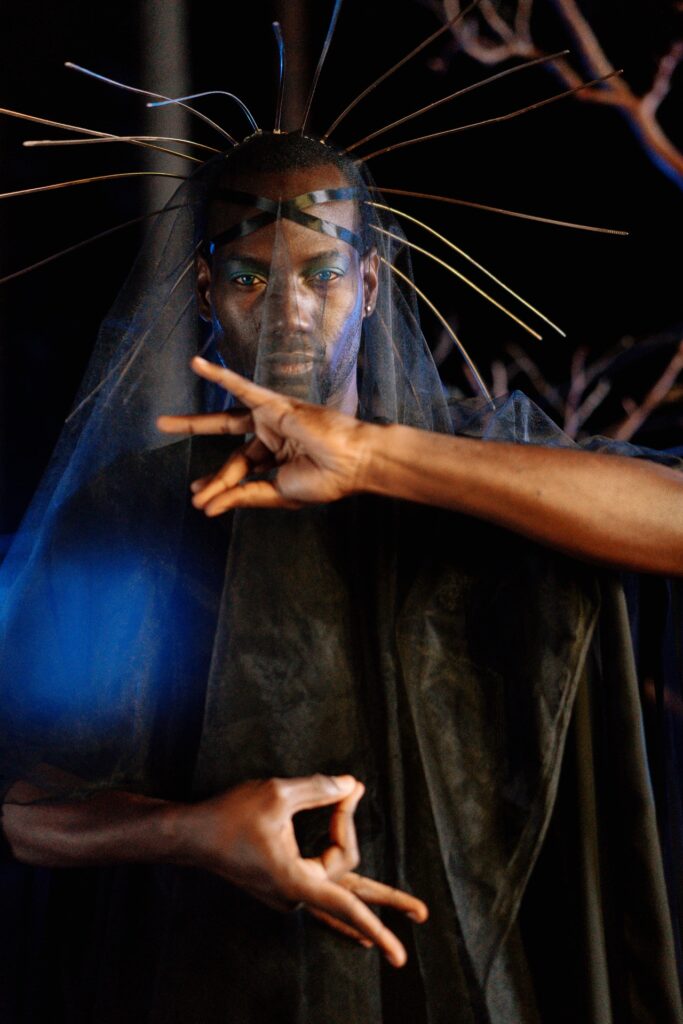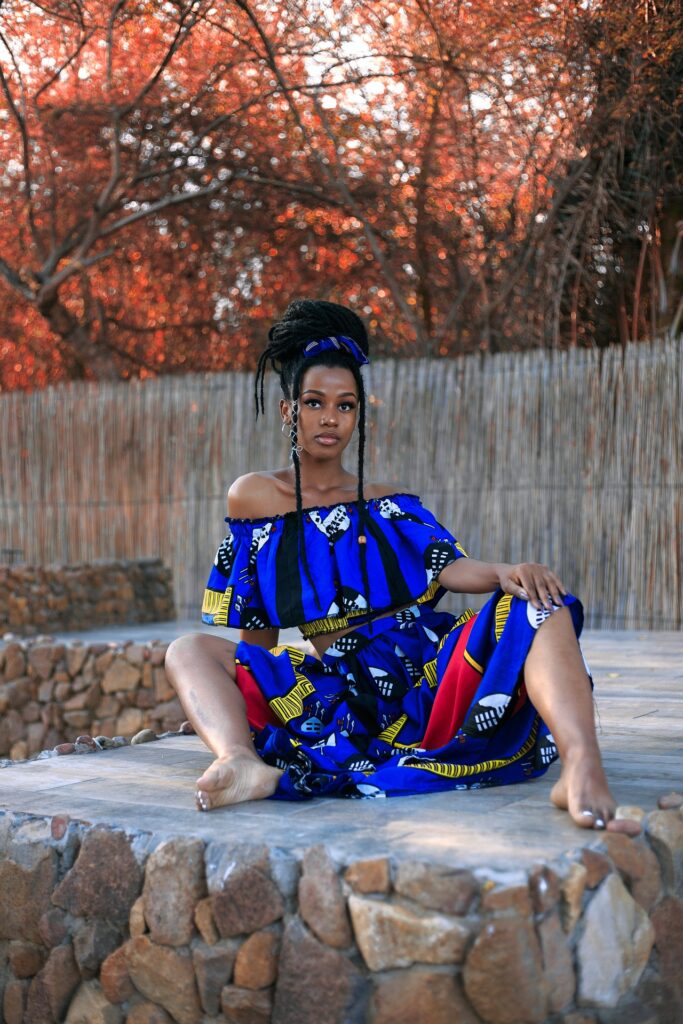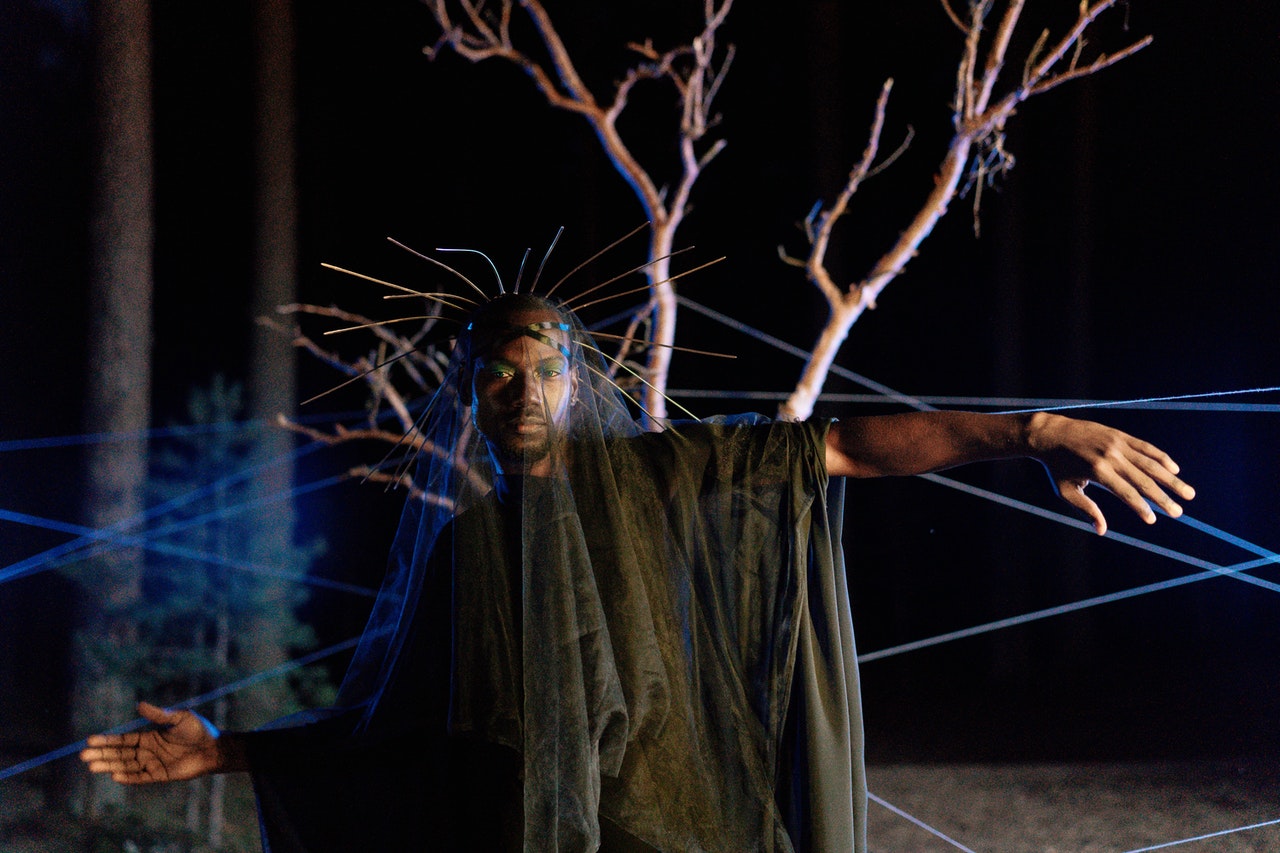The African continent has a very rich and diverse library of mythology. Due to the sheer size of the continent and its population, African mythology covers a vast area and includes some very beautiful stories and legends.
In this article, you will discover three beautiful stories from African mythology.
1. Queen Sheba and King Solomon
Our first story from African mythology has its roots in the Bible. In the books of Kings and Chronicles in the Old Testament, we are told that the Queen of Sheba visited King Solomon after learning of his wisdom.
The queen, whose name is not stated in the Bible, tests the King with some very difficult questions. However, King Solomon is able to answer all the questions posed to him to her satisfaction. After being impressed by King Solomon’s wisdom, the Queen of Sheba gives him “120 talents of gold, large quantities of spices, and precious stones. Never again were so many spices brought in as those the queen of Sheba gave to King Solomon.”
King Solomon, in turn, gave the Queen of Sheba gifts and “every desire that she expressed.”

The Biblical account ends with the Queen leaving Jerusalem and King Solomon and returning to the land of Sheba. However, according to the Kebra Nagast (The Glory of Kings), things did not end there.
The ancient text says that the Queen of Sheba was actually the beautiful Queen Makeda from ancient Ethiopia. According to the 14th-century record, Queen Makeda had a love affair with King Solomon. After falling pregnant, Queen Makeda decided to return to her own lands. Along the way, she gave birth to King Solomon’s firstborn son whom she named Menelik.
Menelik was raised in Ethiopia and only travelled to Jerusalem to see his father when he was 22. King Solomon was delighted with his son and begged him to stay in Israel and to succeed him as king. However, Menelik chose to return to Sheba where he later became the first Solomonic Emperor of Ethiopia upon the death of his mother.
According to legend, Menelik founded the Solomonic dynasty of Ethiopia which ruled the country for close to three thousand years. The Solomon dynasty ended in 1974 when Emperor Haile Selassie was deposed in 1974. When Menelik left Jerusalem to return to Ethiopia, King Solomon sent many Israelites with him as well as the Ark of Covenant.
To this day, many Ethiopians believe that the final resting place for the Biblical ark of the covenant is in the Chapel of the Tablet next to the Church of Maryam Tsion in Aksum, Ethiopia.
2. Nyami Nyami
Our second story on African Mythology is the beautiful but tragic tale of the Zambezi River god Nyami Nyami.
According to local legend, the serpent-like river god Nyami Nyami resides in the Zambezi River. He controls life in and on the water together with his wife Kitapo. However, the River god’s peace was ruined by the building of the Kariba Dam, which started in the 1950s.
Local legend says Nyami Nyami was displeased with the building of the dam because it separated him from his wife. One account says that Kitapo was downstream below the Kariba Gorge “visiting other people of the Valley, to answer their prayers and bless her people” when the dam wall was sealed. Other accounts say Nyami Nyami himself had gone philandering downstream when the dam was sealed.
Either way, the river god and his wife were separated by the massive dam wall. Furious at the forced separation, Nyami Nyami caused massive floods and earthquakes in the area, which killed workers and disrupted construction.

According to the Tonga people, the dam is only standing because Nyami Nyami allowed it to after he was appeased by a sacrifice. 86 men lost their lives during the building of the Kariba Dam, the largest manmade reservoir in the world by capacity. The dam was finally completed in 1977 after construction started in 1955.
From time to time, the area around the dam experiences tremors and earthquakes as Nyami Nyami tries to be reunited with his lovely wife Kitapo. Whenever he fails to go through, he vents his anger causing the earth to tremors and quake.
3. Mbaba Mwana Waresa
The last story on African mythology comes from South Africa. This one is beautiful with no tragedy. It’s about Mbaba Mwana Waresa, the goddess of fertility for the Zulu people of South Africa. She is a member of the Zulu pantheon of gods and is one of the most loved deities in the Zulu religion and South African mythology.
In addition to fertility, Mbaba Mwana Waresa also rules over rainbows, agriculture, harvests, rain, and beer. She also has power over water and earth. The beautiful Mbaba Mwana Waresa wanted to marry but couldn’t find a worthy partner in heaven. So she expanded her search parameters to include mortal men.

She came to South Africa to see if she could find a mortal man who was worthy of her love. As luck would have it, she found Thandiwe, a nice herdsman who wooed her by singing a beautiful song. However, the goddess of fertility was sceptical about Thandiwe’s love for her and decided to test him. She sent a beautiful young woman to him while she shapeshifted and disguised herself as an ugly old woman.
Thandiwe was not easily swayed or distracted. He saw through Mwana Waresa’s disguise right away. Convinced that Thandiwe was the right man for her, Mwana Waresa defied all the other gods and married him.
The goddess and Thandiwe are still married to this day. They live in her rainbow-covered house in the sky. Mwana Waresa also averted conflict between mortal man and gods by teaching humans how to brew beer and how to be self-sufficient. According to legend, beer brings the mortals closer to the gods.
To this day, beer plays an important role in Zulu culture. Only women can make the traditional brew, umqombothi, in honour of Mwana Waresa.









